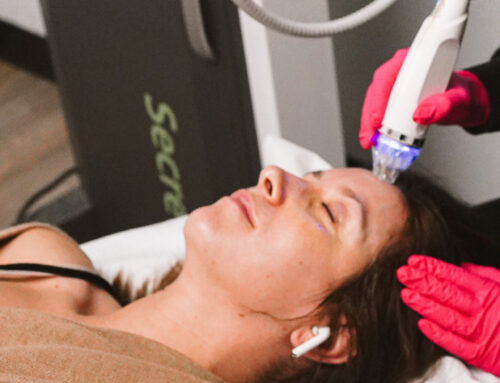
The has been a lot of buzz in the aesthetic industry about the brand new neurotoxin, Jeuveau! Allergan is alleging a previous employee stole the top secret formula for Botox and sold it to the creators of Jeuveau, Evolus. That may all be internet gossip or it could be true . Regardless, the days of Botox being the only branded industry leader are coming to an end. Jeuveau is making a huge splash in the market and Dysport continues to increase direct to consumer awareness. The efficacy of Botox, Dysport, and Jeuveau in clinical studies are all very similar. There is another player currently in clinical studies that should be a huge contender for the aesthetic market. That contender is Revance’s RT002-A and their preliminary studies suggest a longer half life of the product. This would create a huge advantage in a saturated market.
Now back to the current topic….
The main difference between all these neurotoxins is a slight variance in protein structure. We know all these bind to the protein receptor, synaptic vesicle protein 2. This shuts the communication from the motor nerve to the muscle down, thus paralyzing the muscle. The variation in protein structure does not include variation in the binding portion of the protein, only in the rest of the structure. Theoretically, it makes sense that the rest of the structure could affect longevity. It also makes sense that my immune system may create antibodies to the protein of one or the other more efficiently, therefor making that product less effective in me.
At the end of the day, the most important decision a patient makes is who they allow to inject them. All of these products work, placement and dosing is the key to natural results that last an appropriate amount of time. Having a neurotoxin administered is a cosmetic procedure according to the Texas Medical Board. It is advisable to only allow a doctor or mid level (nurse practitioner or physician’s assistant) to perform your Botox, Dysport, or any other neurotoxin. It is highly unlikely that you could experience a permanent issue from a neurotoxin, but dermal fillers are a very different story and that is a another blog post for another day! Botox takes about 3 months to wear off. That is a long time if you have bad placement, heavy brows, or a dropped eyelid. I would heavily advise that you not allow an esthetician to inject you. My malpractice insurance won’t even cover me to delegate to an esthetician!! What that means to you is that if you have a bad outcome and an esthetician injected you, you may not be able to create a malpractice claim to have your damages covered or get the care you need to properly heal. It’s always best to safeguard yourself even if a bad outcome is unlikely.




